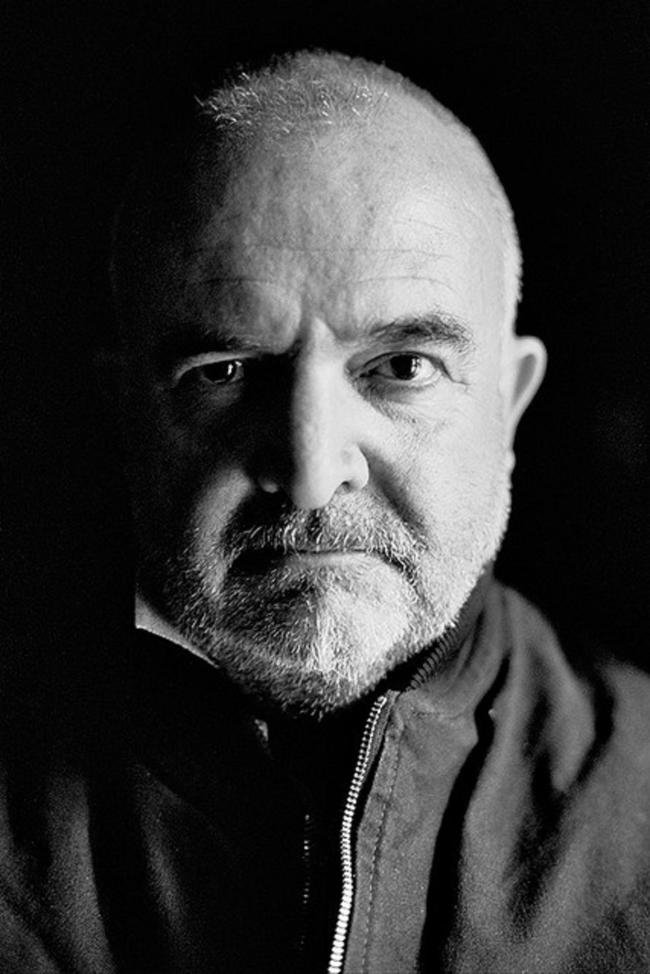

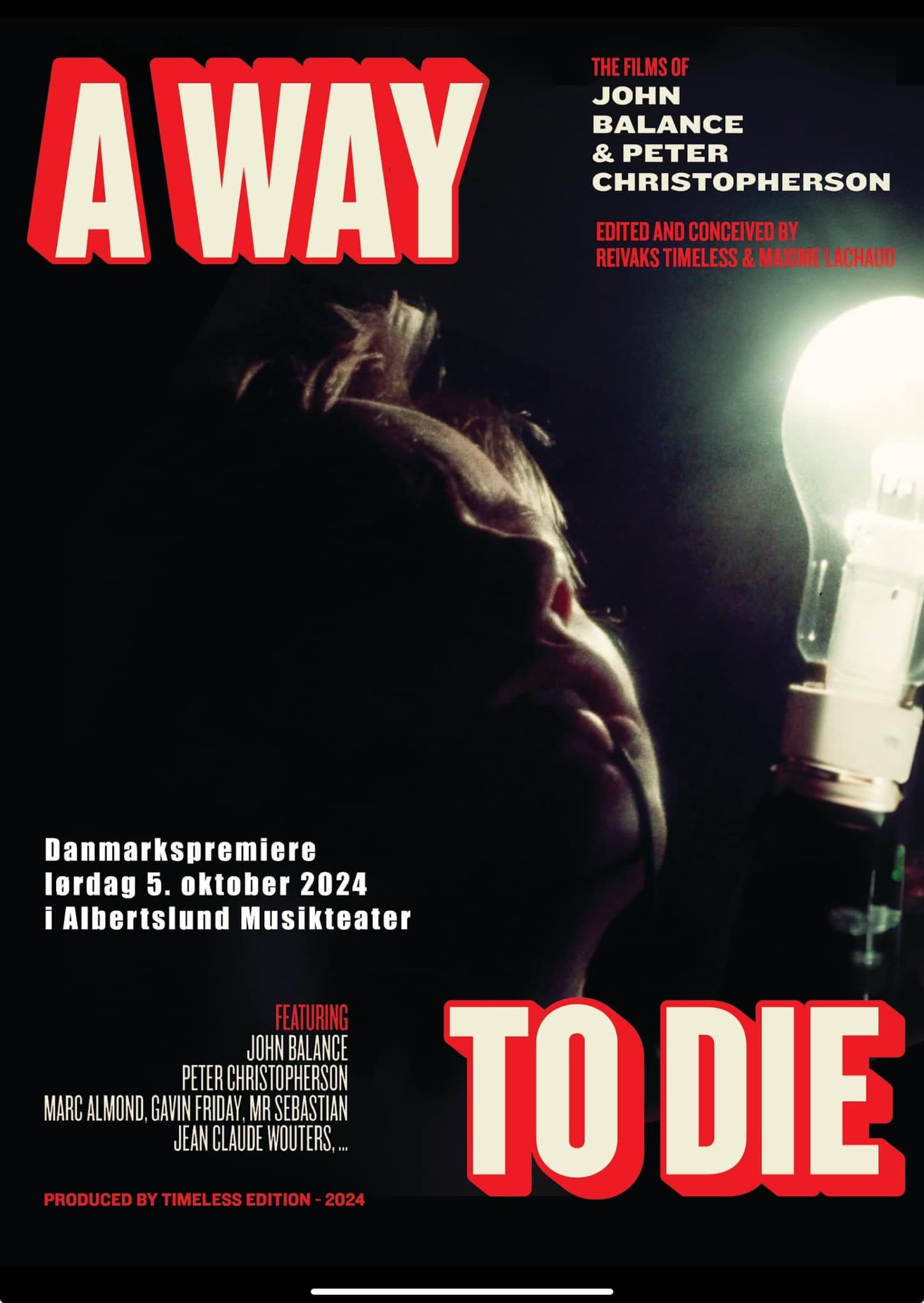
Founders of Coil, a cult entity of experimental industrial British...
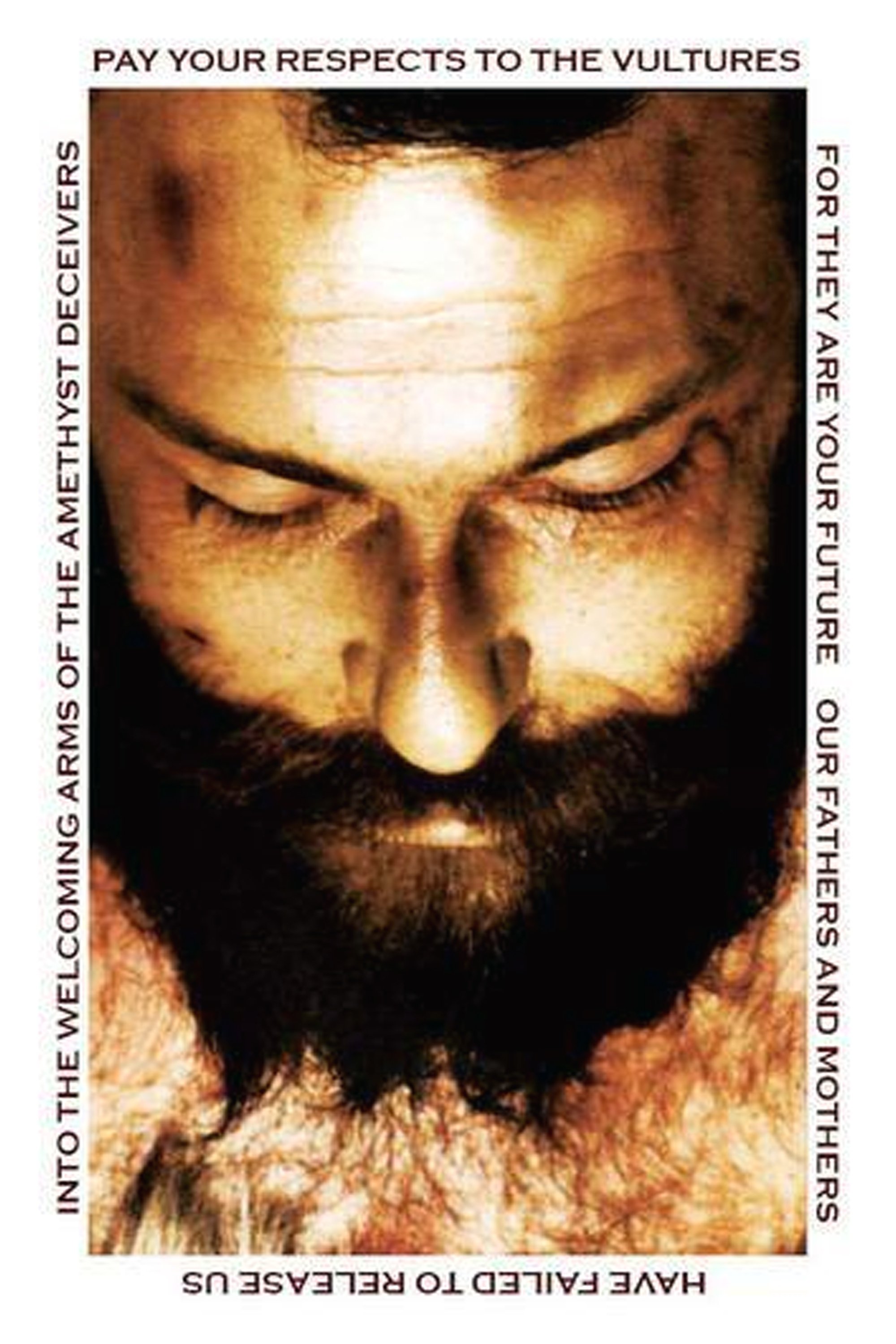
Documentary featuring Peter Christopherson discussing his histories with Throbbing Gristle,...
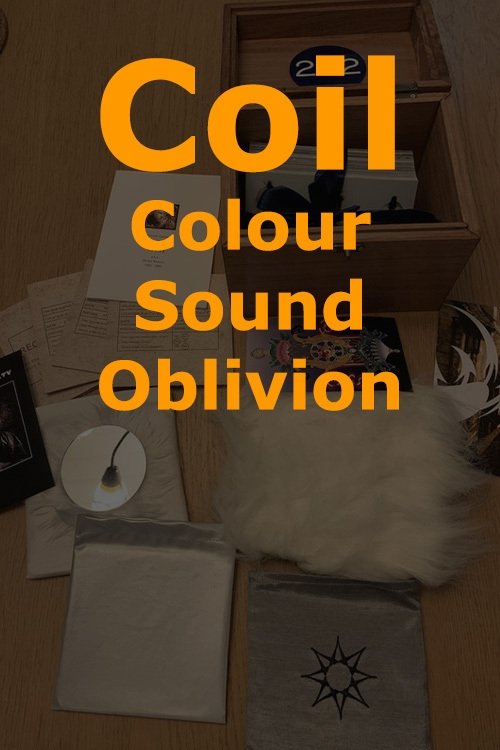
16 DVD boxset by Threshold House, containing video registrations of...
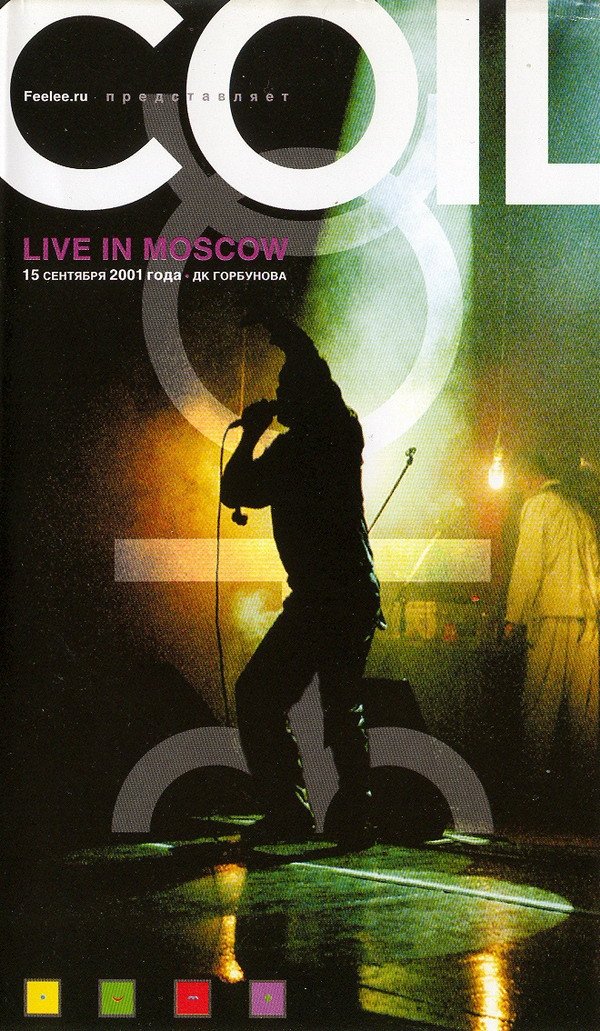
A professionally filmed and edited video of Coil's performance at...